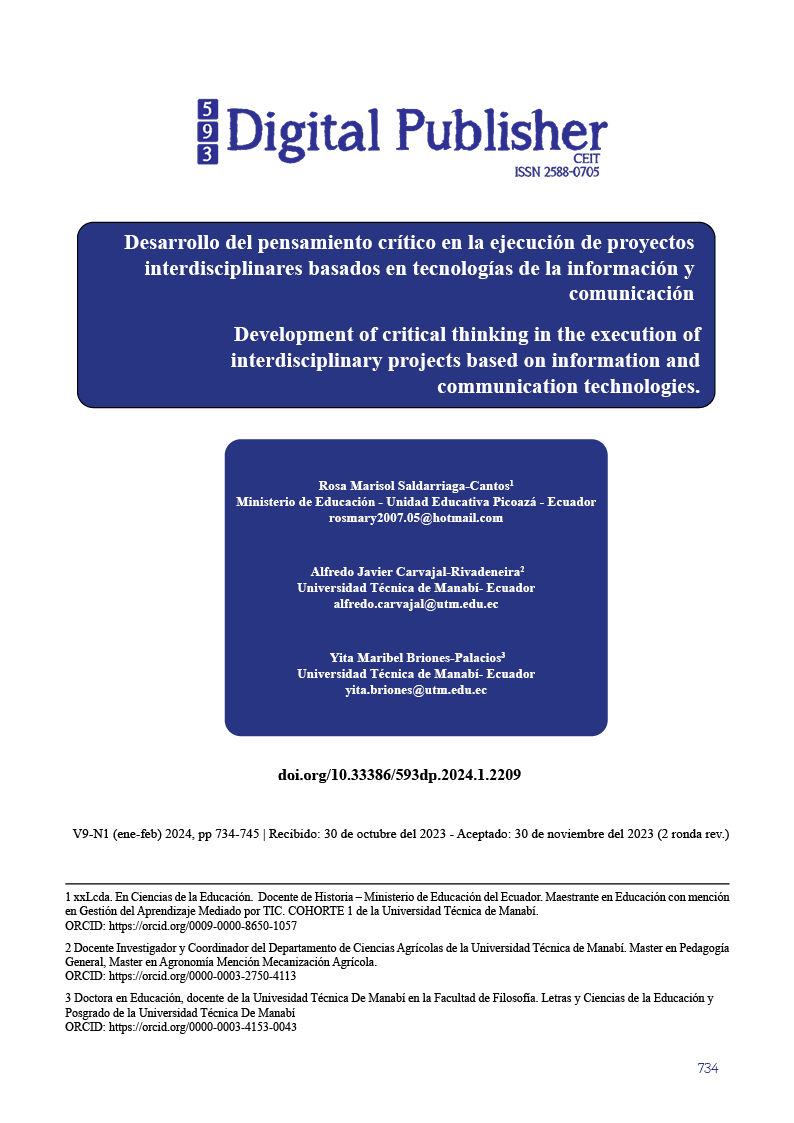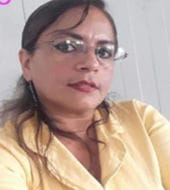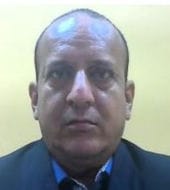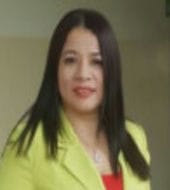Development of critical thinking in the execution of interdisciplinary projects based on information and communication technologies
Main Article Content
Abstract
The most significant challenge in the educational field is to foster the development of critical thinking in students, involving communicative, digital, mathematical, and affective competences, requiring curricular integration and methods such as teamwork, effective communication, and self-learning. The objective of this study was to propose a methodological strategy based on Information and Communication Technologies (ICT) to develop critical thinking in the execution of interdisciplinary projects in tenth grade students of the Picoazá Educational Unit. The approach of the study was mixed, involving students, teachers, directors, and the Student Counseling Department (DECE). Information was collected through an observation guide applied in the classroom, another instrument used was the rubric, which was used to measure sub competencies, and finally, surveys were applied to parents and interviews with teachers. The results indicate an insignificant development of critical thinking through ICT and interdisciplinary projects. Feedback from teachers is vital to adjust future projects and move towards a more innovative, inclusive education focused on the integral development of students. In conclusion, the study underscores the importance of addressing critical thinking through effective methodological approaches, recognizing the need for continuous improvement to achieve more significant results in educational training.
Downloads
Article Details

This work is licensed under a Creative Commons Attribution-NonCommercial-ShareAlike 4.0 International License.
1. Derechos de autor
Las obras que se publican en 593 Digital Publisher CEIT están sujetas a los siguientes términos:
1.1. 593 Digital Publisher CEIT, conserva los derechos patrimoniales (copyright) de las obras publicadas, favorece y permite la reutilización de las mismas bajo la licencia Licencia Creative Commons 4.0 de Reconocimiento-NoComercial-CompartirIgual 4.0, por lo cual se pueden copiar, usar, difundir, transmitir y exponer públicamente, siempre que:
1.1.a. Se cite la autoría y fuente original de su publicación (revista, editorial, URL).
1.1.b. No se usen para fines comerciales u onerosos.
1.1.c. Se mencione la existencia y especificaciones de esta licencia de uso.
References
Bonilla, M. D. L. Á., Benavides, J. P. C., Espinoza, F. J. A., & Castillo, D. F. P. (2020). Estrategias metodológicas interactivas para la enseñanza y aprendizaje en la educación superior. Revista Científica UISRAEL, 7(3), 25-36.
Botero, L. M., & Mejía, Á. M. (2015). Relaciones entre pensamiento histórico y pensamiento crítico en la enseñanza de las ciencias sociales en estudiantes de educación básica secundaria. Revista Interamericana de Investigación Educación y Pedagogía RIIEP, 8(2).
Capcha, C. & Tipula, I. (2022). La metodología del aprendizaje basado en retos y su aporte al desarrollo del pensamiento crítico en los estudiantes del primer ciclo de la especialidad de Educación Inicial de una escuela superior pedagógica privada de Lima en el 2021-I.
Chancay-Alcívar, J., & Rivadeneira-Barreiro, J. (2022). Influencia de la lectura intensiva en el pensamiento crítico de los estudiantes: Un enfoque correlacional. Polo del Conocimiento, 6(12), 1614-1633. doi:http://dx.doi.org/10.23857/pc.v6i12.3459
Espinosa, F. N. R. (2021). Pensamiento crítico y videojuegos en estudiantes de educación básica secundaria. Academia Y Virtualidad, 14(2), 45-56.
Farfán Duma, W. E. (2012). El desarrollo del pensamiento lógico y su incidencia en el proceso de enseñanza aprendizaje. Ambato: UTA.
Flores Guerrero, D. (2016). La importancia e impacto de la lectura, redacción y pensamiento crítico en la educación superior. Zona próxima, (24), 128-135.
Gutiérrez-Delgado, J., Gutiérrez-Ríos, C. A. R. L. O. S., & Gutiérrez-Ríos, J. (2018). Estrategias metodológicas de enseñanza y aprendizaje con un enfoque lúdico. Revista de educación y desarrollo, 45(1), 37-46.
Hidalgo, M. I. M. (2018). Estrategias metodológicas para el desarrollo del pensamiento lógico-matemático. Didasc@ lia: Didáctica y Educación, 9(1), 125-132.
López Mendoza, M., Moreno, E., Uyaguari Flores, J. F., & Barrera Mendoza, M. P. (2022). El desarrollo del pensamiento crítico en el aula: testimonios de docentes ecuatorianos de excelencia.
López, M., Moreno, E., Uyaguari, F., & Barrera, M. (2021). El desarrollo del pensamiento crítico: Un reto para la educación ecuatoriana. Revista de filosofía, 38(99), 483-503.
Montoya, J. I. (2007). Primer avance de investigación. Acercamiento al desarrollo del pensamiento crítico, un reto para la educación actual. Revista Virtual Universidad Católica del Norte, (21).
Montoya, J. I. (2007). Primer avance de investigación. Acercamiento al desarrollo del pensamiento crítico, un reto para la educación actual. Revista Virtual Universidad Católica del Norte, (21).
Morales Zúñiga, L. C. (2014). El pensamiento crítico en la teoría educativa contemporánea. Actualidades investigativas en educación, 14(2), 591-615.
Paucar, M. L. L., & Vera, N. M. A. (2021). Perspectivas metodológicas para desarrollar el pensamiento crítico en los estudiantes de la básica media. Dominio de las Ciencias, 7(1), 110-132.
Quintero, V., Palet, D., Avila, J. E., Olivares, D., & Olivares, S. L. (2017) Desarrollo del pensamiento crítico mediante la aplicación del Aprendizaje Basado en Problemas. Psicología Escolar e Educacional, 21, 65-77.
Tamayo & Loaiza (2015). El pensamiento crítico en la educación. Algunas categorías centrales en su estudio. Revista latinoamericana de estudios educativos (Colombia), 11(2), 111-133.
UNICEF. Acción humanitaria para la infancia. UNICEF, 2019.
Vivanco, G. E. A. (2018). La lectura crítica como estrategia para el desarrollo del pensamiento lógico. Revista Boletín Redipe, 7(1), 86-94.
Zuluaga, Y. E. L., & Osorio, L. D. (2018). El desarrollo de pensamiento crítico en ciencias naturales con estudiantes de básica secundaria en una Institución Educativa de Pereira-Risaralda. Diálogos sobre educación. Temas actuales en investigación educativa, 9(16), 1-24.




